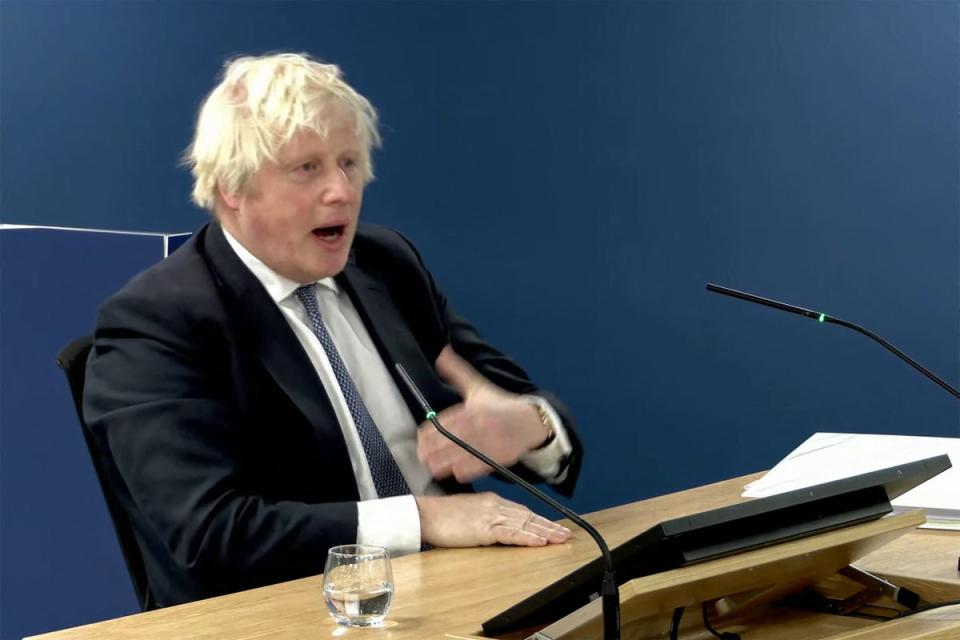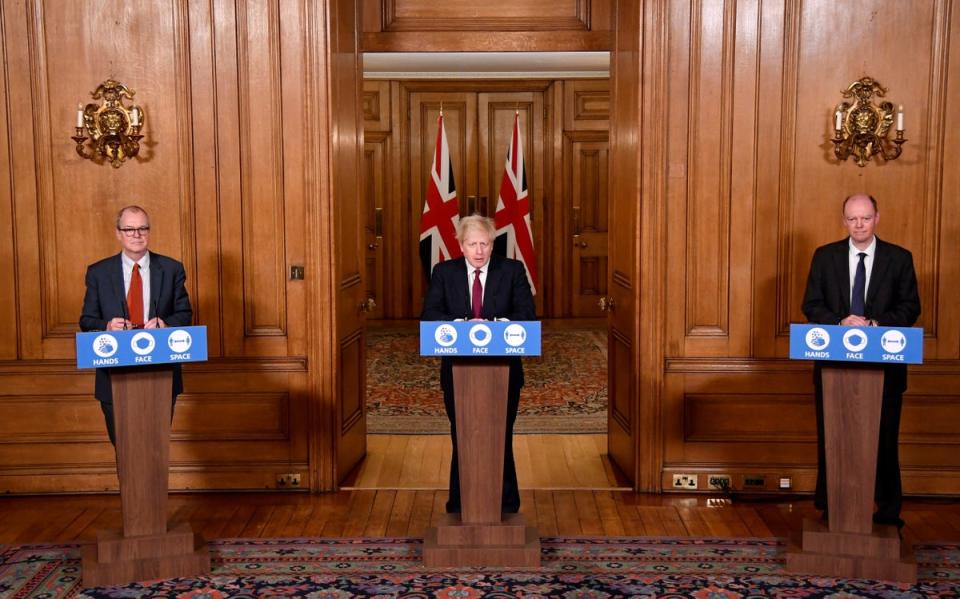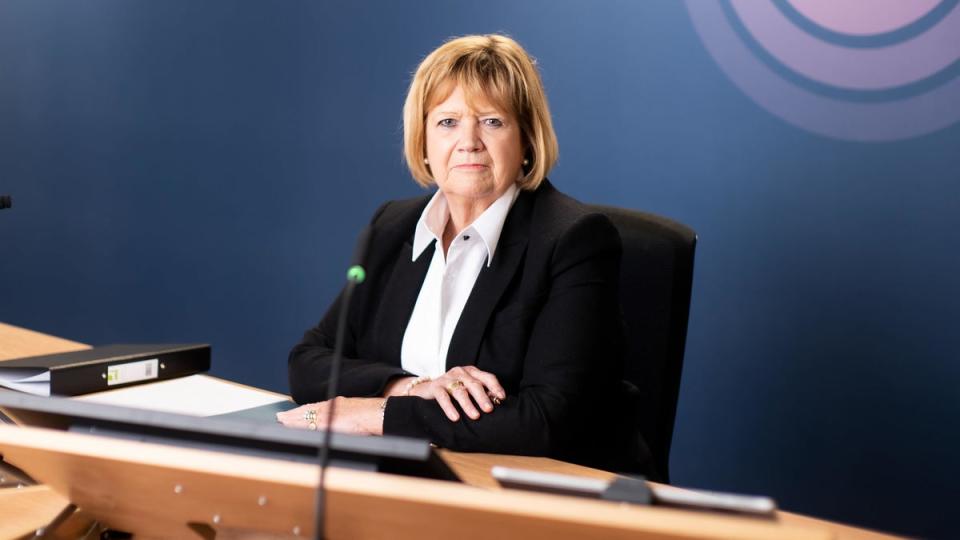Covid Inquiry has cost £94m so far and could become most expensive probe of its kind
The UK Covid-19 Inquiry has already cost £94m and the probe is on course to become one of the most expensive in history, according to new research.
Figures published in the official inquiry’s latest financial report show how much has been spent so far, and that £15,180,000 of the total was spent in the final quarter of 2023/24.
According to estimates by the Taxpayers’ Alliance - the pressure group which campaigns for lower taxes and whose funding sources are kept secret - the total cost of the inquiry may run to £196m, which is around £136,907 per day.
The inquiry was set up in June 2022 and scheduled to run until summer 2026 at the earliest.

The inquiry is chaired by Baroness Heather Hallett, a retired Court of Appeal judge and crossbench peer who led the inquests into the Islamist terror attacks on London on 7 July 2005.
The Covid probe seeks to understand ministers’ decision-making through the pandemic, when the country was subject to lockdowns and other strict rules around socialising.
It was set up with the view of the UK learning from mistakes, so the country is better prepared for future pandemics and public health emergencies.
Top-level government ministers and public health officials who led the UK through have already given evidence to the inquiry.
Professor Chris Whitty, chief medical adviser and chief scientific adviser respectively and former prime minister Boris Johnson have all attended, as did Matt Hancock, the former health secretary who resigned after breaching his own social distancing guidelines by kissing an aide.

Lord Saville of Newdigate, who carried out the Bloody Sunday inquiry which lasted 12 years, said the expertise involved meant that it was expensive to run but vital for learning lessons for the future.
“These are very complicated and contentious issues which require highly skilled people and they are going to cost you,” he told The Times. “I wouldn’t be surprised at all if it costs more than my inquiry.”
Professor Carl Heneghan, from the centre for evidence-based medicine at Oxford University, claimed the format of the inquiry was not conducive to learning lessons from Covid.
“It is setting itself to take sides with a legalistic approach which is not the best way to learn lessons,” he told the paper. “It would be much cheaper and more effective if it actually took the approach of medicine and said we accept that errors were made - and look at how we should do things differently in future.”

The Taxpayers’ Alliance research said the £94m meant the inquiry was already the second most expensive statutory inquiry since 2005 “after adjusting for inflation”.
It added the total estimated cost of the inquiry would make it the most expensive statutory inquiry by total cost and the most costly inquiry on a per-day basis - surpassing the Independent Inquiry into Child Sexual Abuse.
The research suggested that the inquiry would end up being over 9.5 times more expensive than the Phone Hacking (Leveson) Inquiry per day, which ended in 2012.
Since 2005 when the Inquiries Act was introduced, there have been 22 completed statutory inquiries.
A spokesman for the Covid Inquiry said: “It was the government’s decision to set up this public inquiry with very broad terms of reference. The inquiry’s scope is exceptionally wide and touches on the work of many government departments in all four nations of the UK. It is obliged to gather evidence from many organisations, especially those at the centre of responding to the pandemic.”
A government spokesman said: “To ensure transparency the government is committed to publishing its costs responding to the inquiry. This is in line with the inquiry’s own quarterly financial reports.”


